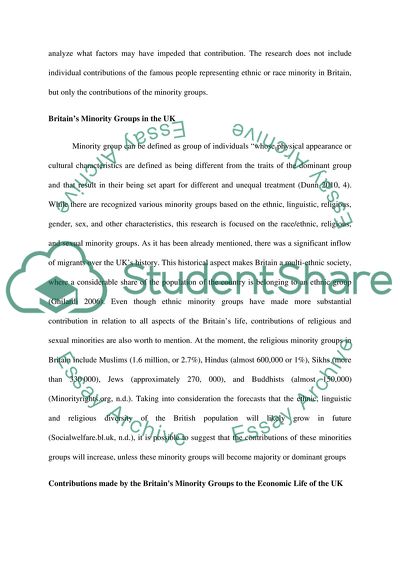Cite this document
(“Britian's Minority Groups Essay Example | Topics and Well Written Essays - 2500 words”, n.d.)
Retrieved from https://studentshare.org/sociology/1653936-britians-minority-groups
Retrieved from https://studentshare.org/sociology/1653936-britians-minority-groups
(Britian'S Minority Groups Essay Example | Topics and Well Written Essays - 2500 Words)
https://studentshare.org/sociology/1653936-britians-minority-groups.
https://studentshare.org/sociology/1653936-britians-minority-groups.
“Britian'S Minority Groups Essay Example | Topics and Well Written Essays - 2500 Words”, n.d. https://studentshare.org/sociology/1653936-britians-minority-groups.


